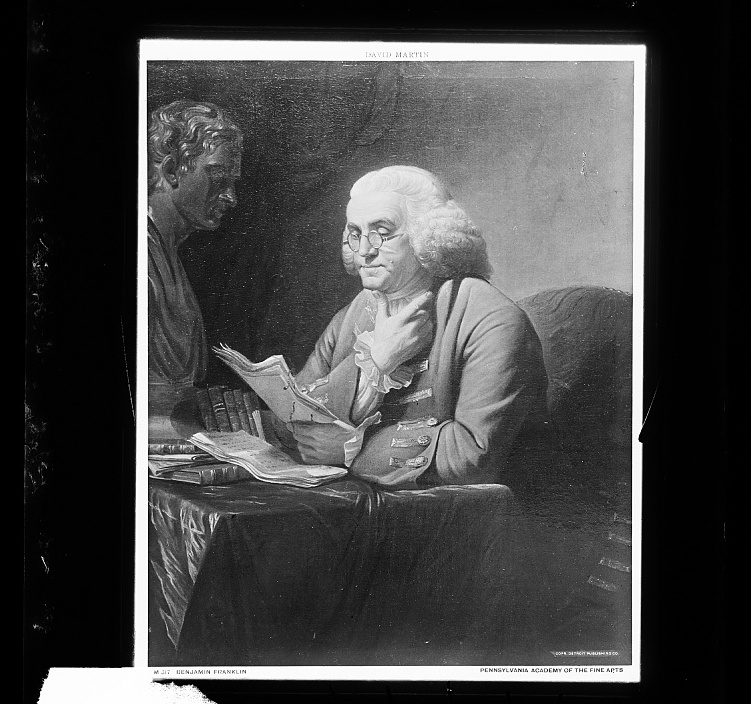Ben Franklin’s Virtues

Through an extensive study of the world’s major religions and various moral codes, founding father Ben Franklin came up with a list of 13 main virtues to which he felt that everyone should strive to live by.
Once established, Franklin dedicated himself to building up these virtues in himself, developing self-editing charts to record his daily progress, insuring that his results were always one of upwards improvement. Once he had mastered a given virtue, he then moved on to focus on the next in line in his ongoing push for self-excellence.
1. Temperance
Franklin’s first virtue was Temperance, where he proclaimed “eat not to dullness, drink not to elevation, although in his later years, Franklin became quite a prodigious consumer of alcohol.
2. Silence
His second virtue was silence, where he advised “speak not but what may benefit others or yourself, and avoid trifling conversions.
3. Order
Third was order, so that all a person’s belongings had their rightful place, and each part of one’s business had its time.
4. Resolution
Fourth was resolution, where he encouraged people to perform without fail whatever that person resolved to do.
5. Frugality
Fifth was frugality, which suggested that a person should make no expense but to do good to others.
6. Industry
Franklin believed people should lose no time and always be employed in something useful.
7. Sincerity
Seventh was sincerity without hurtful deceit. “Think innocently and justly,” he wrote, “and if you speak, speak accordingly.”
8. Justice
Eighth was Justice, where he encouraged his colonial brethren to wrong no other man.
9. Moderation
Ninth was moderation in all things, including moderation.
10. Cleanliness
Franklin’s Tenth virtue was cleanliness in body, clothes and home.
11. Tranquility
Franklin encouraged readers to be not disturbed by trifles, or at accidents common or unavoidable.
12. Chastity
Chastity made up his number twelve, where he wrote to rarely use sex but for health or offspring.
13. Humility
Franklin’s last virtue was humility, where he encouraged people to imitate Jesus and Socrates.
